Know more:
Francisco Carvalhinho
(N. 1 January, 1918 - M. 27 January, 1990)Francisco José Gonçalves de Carvalho, also known as Carvalhinho, was born on January 1, 1918, in Campolide, Lisbon.
Carvalhinho was a regular at his neighbourhood clubs and popular associations and began his career as an instrument player in plays at culture and leisure clubs: mandolin, banjo, violin (for 12 years), and Portuguese guitar. (Sucena, 1992:87)
He plays live for an audience for the first time at 18 (1936) at Verbena da Poeira, close to Calçada do Combro, and starts performing in other Lisbon associations and terraces on the weekends.
According to Eduardo Sucena (1992), in 1937 Carvalhinho gets his opportunity when he is invited to replace Armandinho at “Retiro da Severa” for a week (with a PT$ 20 daily fee that represented half of his monthly wage). His co-player was Santos Moreira.
Carvalhinho was a professional clockmaker but traded this occupation for a guitar player career when he was 20 years old (1938).
With the violin player Pais da Silva he played at “Café Mondego”, taking turns with the guitar player José Nunes, and at “Café Latino”. Carvalhinho returned to the former “Café Mondego”, by then called “Retiro dos Marialvas”. (op.cit:87)
In 1941 he played at “Café Monumental” and was for a year at Sala Júlia Mendes in Parque Mayer with the violin player Martinho D´Assunção, whose guitar band featuring Jaime Santos and Alberto Correia he joined in 1950 for their shows at “Belvedere”.
He also played at “Adega Machado” and at “Adega da Lucília”, and in 1951 he appeared in the shows of the "Companheiros da Alegria" directed by Igrejas Caeiro. In 1952 he played at “Vara Larga” (later “Gingão”).
Carvalhinho and Pais da Silva went to Venezuela with Ribeiro.
In 1953 he played at the Salvaterra (former “Retiro dos Marialvas”), and toured Angola, Mozambique, and South Africa with Martinho D´Assunção and the singer Maria Pereira. (op.cit:87)
In 1958-59 he was in Toronto, Canada, to play with his son, Carvalhinho Júnior, and the singers Fernando Maurício and Licas. (op. cit:87)
In the 1960s, back in Portugal, he played at some fado houses - “Márcia Condessa” on Praça da Alegria, and later at “Painel do Fado”. After performing in several fado houses, Carvalhinho joined the permanent cast of “A Severa” as guitar player.
In 1980 he travels to France to play with Manuel Martins at the fado house “Saudade”, in Versailles. During that decade Carvalhinho begins a new activity repairing cord instruments.
Carvalhinho and Martinho D’Assunção left us several guitar and melody records. He is the author of the following fados, among many others: "Minha Guitarra" (lyrics by Domingos Gonçalves Costa), recorded by Carlos Ramos; "Dias Contados" (lyrics by Fernando Farinha), and recorded by himself; "Fui por Alfama" and "Saudade" (lyrics by Guilherme Pereira da Rosa), recorded by Beatriz da Conceição; "Quero Ir Contigo" (lyrics by Domingos Gonçalves Costa), recorded by Maria Pereira; "Rua Sem Sol" (lyrics by Lopes Victor), recorded by Alice Maria; "Mal D 'Amor" (lyrics by João de Freitas), recorded by Isaura Gonçalves; " À Roda de Ti" (lyrics by Linhares Barbosa); "Este É o Meu Fado" and "Nunca Pretendas Saber (lyrics by Domingos Gonçalves Costa); "Eu Sou Do Fado", "Hora Tardia", "Por Ti Sofro Tanto", "Segue o Teu Rumo" and "Sem Ti" (lyrics by Lopes Victor), recorded by Fernanda Maria; "Fado Brigão" (lyrics by Amaro de Almeida); "Marisol" (lyrics by António Vilar da Costa); "Que Importa?", "Trova Eterna", "Duas Palavras", "Emigrante" and "A Voz do Fado" (lyrics by Domingos Gonçalves Costa), recorded by Manuel Fernandes. (op.cit:87)
According to Pedro Caldeira Cabral: "With his unique style, close to the mandolin popular tradition with frequent use of tremolo he played with perfect rhythm and pristine sonority, Carvalhinho was indeed a distinguish fado performer" (Cabral 1999:251) .
He died on January 27, 1990, in Lisbon.
Source:
Sucena, Eduardo (1992), “Lisboa, o Fado e os Guitarristas”, Lisboa, Veja;
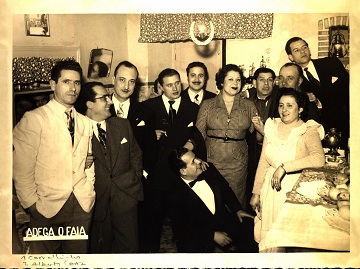
"O Faia" - Berta Cardoso, Alfredo Marceneiro, Alfredo Duarte Junior, Francisco Carvalhinho
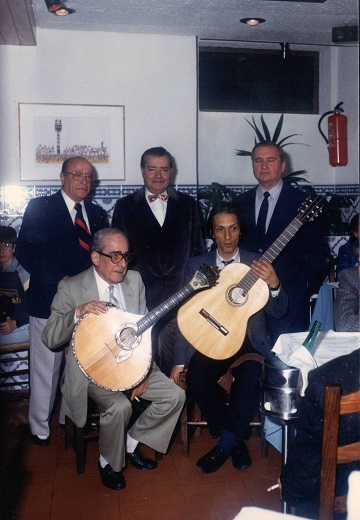
"Canto do Camões", April 10th 1987 - Julio Peres, Julio Vieitas, Gabino Ferreira, Francisco Carvalhinho, Filipe Pinto Junior
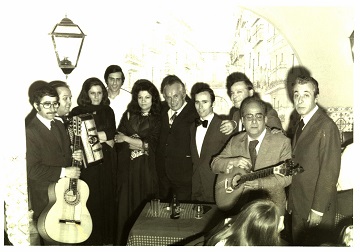
"A Severa" - António Proença, Ana Hortense, Alice Maria, Manuel Fernandes, Francisco Carvalhinho
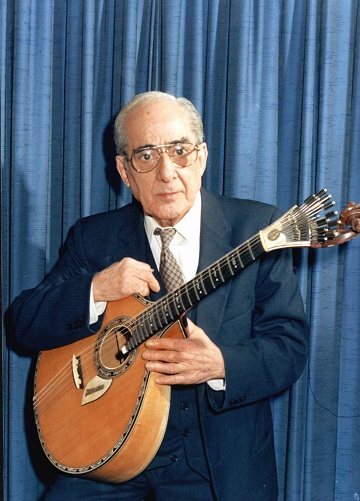
Francisco Carvalhinho
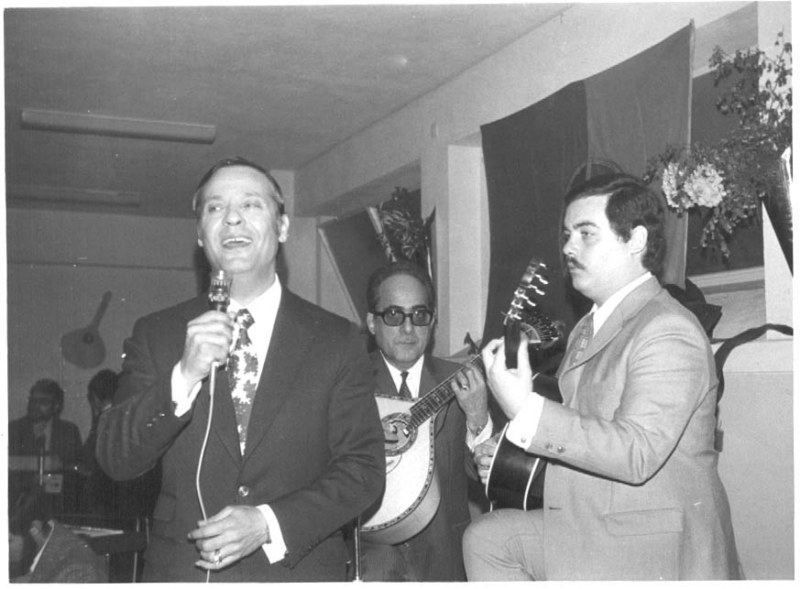
Manuel Fernandes, Francisco Carvalhinho
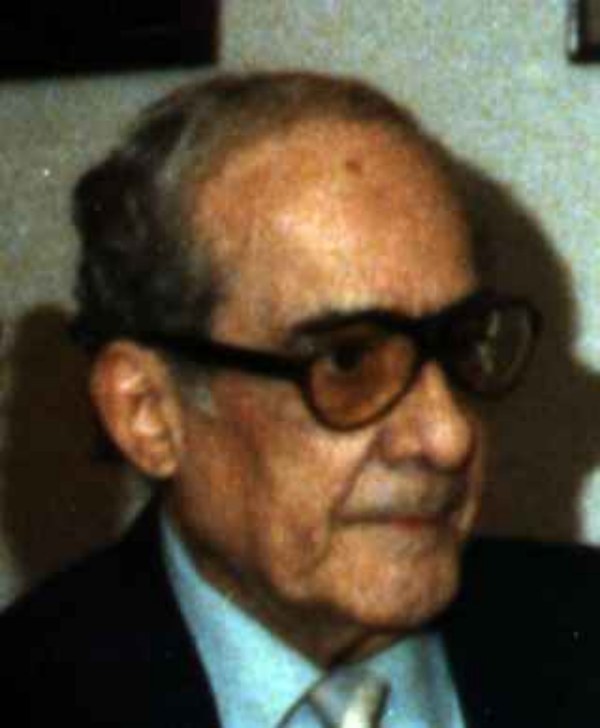
Francisco Carvalhinho
-
Variações em Ré Francisco Carvalhinho (Francisco Carvalhinho)